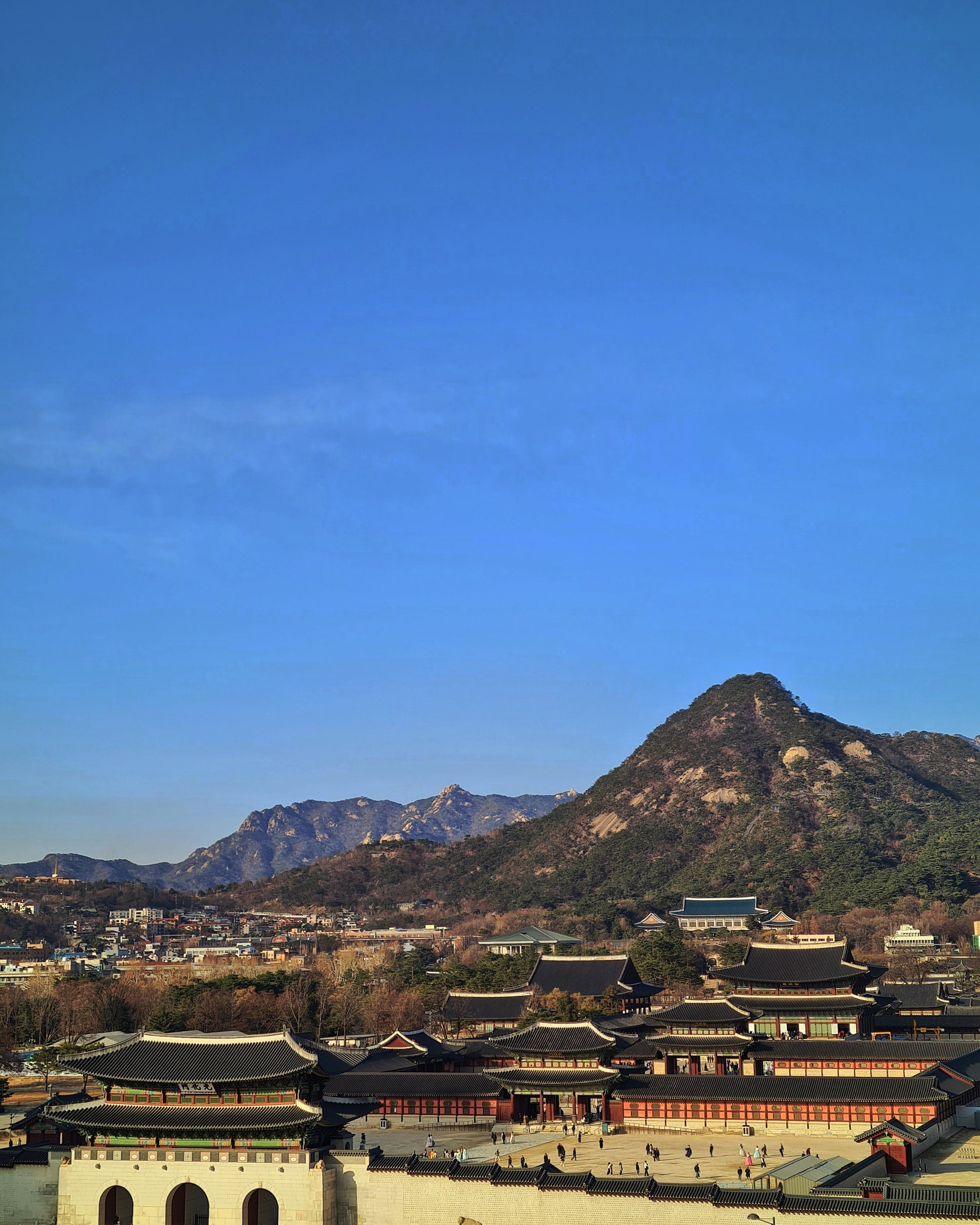
FAQs
Are you saying that adoption can be inherited?
No. We are arguing that international (and in most cases, transracial) adoption from South Korea is a unique phenomenon that should be explored intergenerationally. Our argument is based on the premise that adoption impacts individuals and these individuals become parents, thus also impacting their parenting practices and the children themselves.
What is the issue with using “second generation adoptee/KAD”? What is DoKAD?
Some people choose to use the term second generation adoptee/KAD, similar to how the U.S. Census or Migration Policy Institute uses the term “second generation immigrant” or “third generation immigrant.” The U.S. Census defines a “second generation immigrant” as someone born to a foreign-born parent. The child of an immigrant is not an immigrant, but the term is used to easily identify the immigration patterns of a family, and how this may impact the second or third generation.
In our project we use ACKAD (adult child of a Korean Adoptee) and more recently, DoKAD (descendent of a Korean adoptee). We also want to highlight that this debate is limited to English speakers, as every country and language has their own way to identify one’s adoption status and then the next generation of adoption.
Will you be expanding to other children of adoptees (e.g., Chinese adoptees, US domestic adoptees, etc.)?
Not at this time, but we are considering this in the future.
Where can I read more about your findings?
We are actively working on our first publication. We have presented our preliminary findings at a number of conferences and hosted a webinar with Boston Korean Adoptees. We hope to host another webinar in the future. We will update the webpage with any publications.
You can also read about this population, and about this study, in this article written by a DoKAD and published by The Korea Herald: https://www.koreaherald.com/view.php?ud=20240512050121
How did the project get started?
Oh Myo just finished a study on pregnancy and childbirth for Asian American adoptees and met Bastiaan at a conference. Bastiaan, a child of two Dutch KADs, discussed his research study on children of adoptees and issues specific to this population. We decided to conduct a small, qualitative study on this population. We added Prof Xiang Zhou (Purdue University) and Prof Rich Lee (University of Minnesota) to the team. This small, qualitative study has now grown into a much larger study.